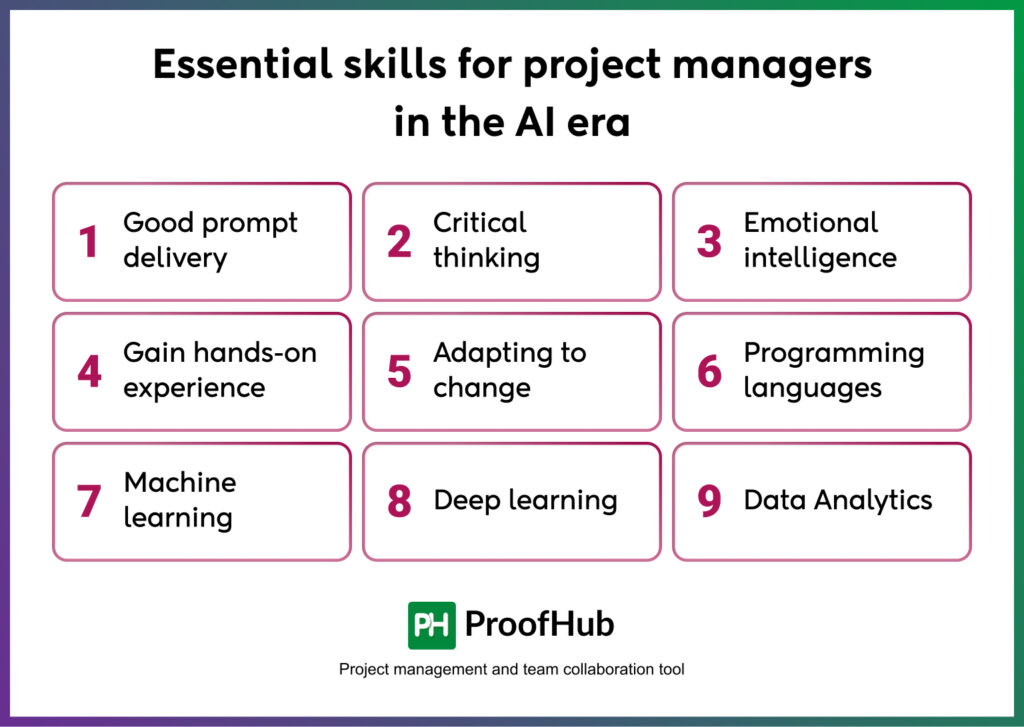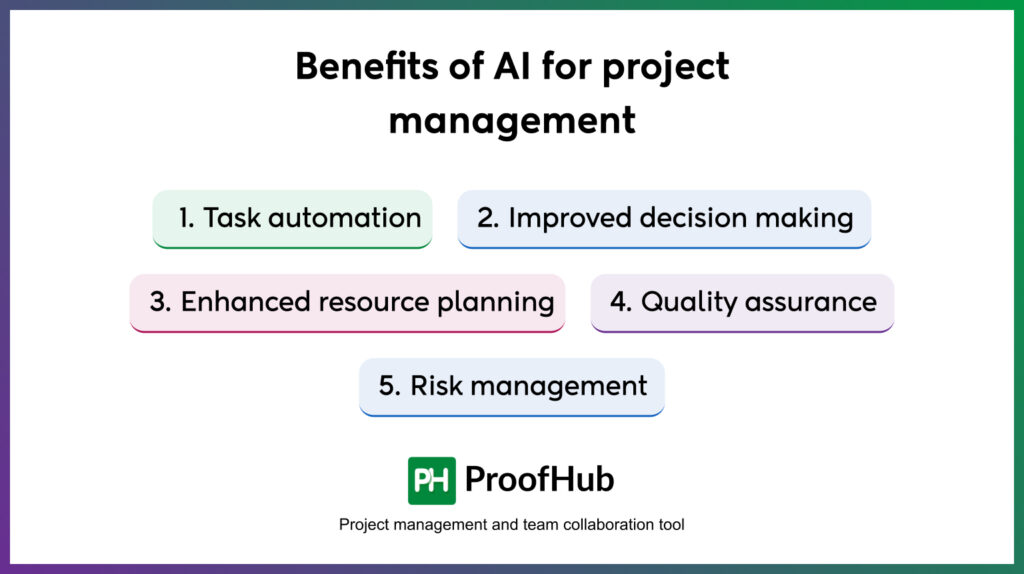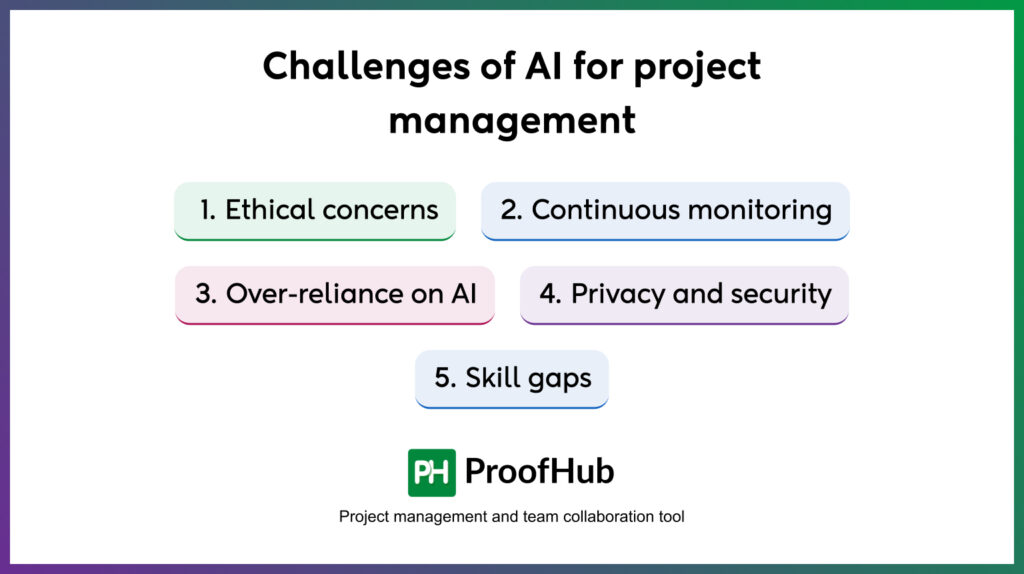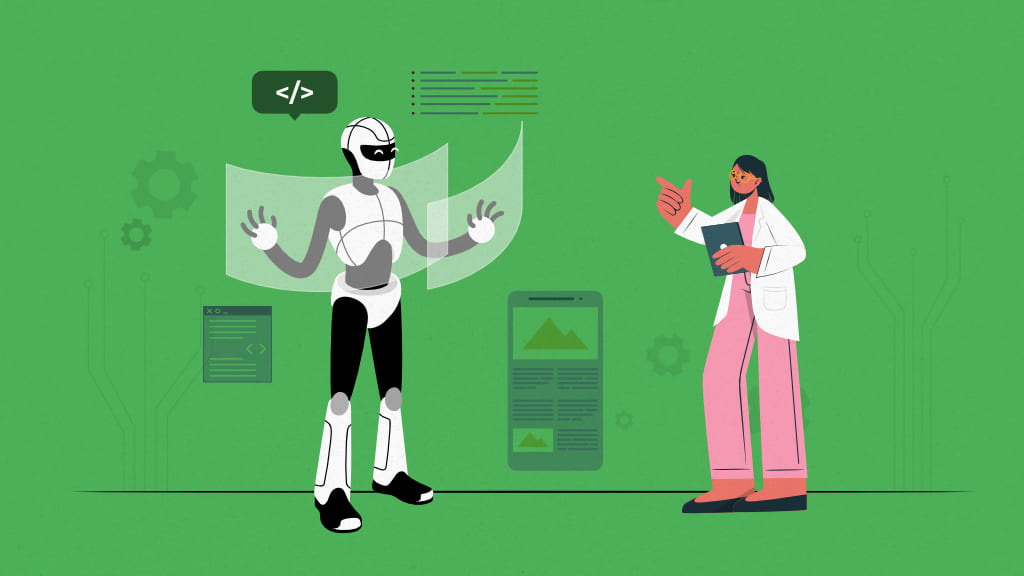“Is AI going to take over my job?”
Well, that’s the most common question I’ve encountered from every white-collar job professional amid the rapidly evolving tech era.
The simplest answer to this question is – no!
According to the World Economic Forum (WEF), the AI evolution will introduce 97 million new job roles and will demand 40 per cent of the global workforce reskilling.
Despite the fact that smart intelligence is getting smarter day by day, the tendency to thrive depends on your willingness to advance your AI knowledge and capabilities.
According to a state of marketing AI report, 69% of respondents marked their AI understanding level as medium, low, or none when asked to rank their confidence in evaluating AI-powered marketing.
So, the entire narrative boils down to you staying adaptive and relevant in this new era of work. A world where you can use AI to overpower AI and emerge as a powerful, proactive individual.
Be woke and consider it as an opportunity to channel your inner 2.0 versions.
Essential skills for project managers in the AI era

Artificial Intelligence is the new electricity. – Andrew Ng
As AI starts to creep into the job market, the demand for skilled professionals is skyrocketing.
To be an AI-ready project manager, build these skills and harness the power of AI to affirm your indispensable existence in AI realm.
1. Good prompt delivery
With the emergence of Chat GPT came a challenge that demands the highest level of proficiency from managers – the art of crafting effective prompts to get the best output of its conversational platform.
Learning prompt delivery isn’t just about interaction, but obtaining specific results.
While someone with little to no familiarity with nuances might not be able to extract the best outcome of Chat GPT. Someone with even moderate prompt understanding can obtain quality results.
Take for example –
Bad Prompt – What are 10 marketing ideas for promoting a brand?
Good Prompt – I am a marketer and want to increase the sales of my product. Can you generate a marketing plan for me that includes a list of 10 unique topics using which I can use to market my product. My product is all about … and target audience is … (Fill the blanks with your details). Generate ideas that resonate with my audience.
2. Critical thinking
Critical thinking and fact-checking becomes essential skill when dealing with artificial intelligence. Therefore, it becomes your responsibility to validate its accuracy, considering its last update and training to generate human-like responses.
Think of AI intelligence as a tool without inherent wisdom.
Which emphasizes the need of testing AI results through the lens of evidence rather than blind trust. Prioritizing human judgment over artificial intelligence is the key to ensure result credibility.
3. Emotional intelligence
Artificial Intelligence has no emotions on its own and is vague to human emotions. It is only project managers that can bring in the quotient of emotional intelligence.
AI is not trained enough to provide solutions that are emotionally strong.
Emotional intelligence plays a key role when it comes to understanding your team members and building effective team bonding. It is a secret ingredient to manage your internal affairs. This is where project managers hold a key edge over AI.
4. Gain hands-on experience
Until you get your hands dirty in gaining practical knowledge of AI, any theoretical understanding of complex algorithms, data structures, and programming languages is of no use.
A basic understanding of AI won’t suffice, considering the pace with which AI is evolving.
It is only by gaining hands-on experience, you can ensure your competence with AI and align your project management process with AI development. This way you can foster a culture where teams are fully prepared for the unique challenges and opportunities AI presents.
5. Adapting to change
AI technology is advancing every passing day and building an opportunity for project managers to evolve and distinguish themselves.
You must adapt to change, considering it is the need of the hour, and embody this adaptive mindset in you.
With this, your team gets equally motivated to thrive, survive, and flourish while keeping up with the trends.Remember, you can only get recognized as a successful project manager if you accept the potential to embrace its influential power.
6. Programming languages
Programming languages are the strong foundation for developing AI algorithms. Mastering these helps you build AI models that can quickly learn, adapt, and make intelligent decisions. Some of the languages used in AI development and applications are –
Python – The present language of AI
Provides powerful tools for data manipulation, analysis, and machine learning.
Java – The enterprise-ready language for AI
Designed for deploying deep learning models and natural language processing applications.
R – The statistical powerhouse for data science
Specifically designed for statistical computing and data analysis.
7. Machine learning
Machine learning, the core of AI, is one of the strongest pillars of automation applications, which makes your systems or computers learn from data and make informed decisions without going into any fine details of programming.
The three major categories of machine learning are supervised learning, unsupervised learning, and reinforcement learning techniques.
Where supervised learning involves tagged data (labeled with correct answers), unsupervised learning means the algorithm is tasked to discover patterns on its own. Reinforcement learning involves training algorithms to adapt to dynamic environments.
8. Deep learning
Deep learning, a subset of machine learning, is a study of artificial neural networks (just like the human brain) and their various architectures. The network consists of three or more than three interconnected node layers – an input, one or more hidden, and an output.
It has become a wonderful tool for handling complex AI problems, particularly image and video recognition tasks using Convolutional Neural Networks (CNNs) and natural language processing with Recurrent Neural Networks (RNNs).
Another thing worth considering here is that not all AI applications are neural network dependent; basic understanding would greatly help in navigating the advanced AI world.
9. Data Analytics
Data analytics is another crucial skill to hone in the AI environment. These systems heavily rely on raw data, which is then processed and handled to learn patterns, make assumptions, and obtain meaningful outcomes.
ChatGPT is the perfect example of a modern AI application that is trained with a massive amount of data feeding.
And the big data analytics is the efficient handling of massive data sets —structured, unstructured, and semi-structured. The five-step analysis includes – data collection, storage, processing, cleansing, and analysis.
What is the need for AI in project management?
Project management is a full-fledged system in itself that involves different components like task assignment, time tracking, resource allocation, cost estimation, and more. All these elements must function in harmony to deliver quality results.
But to your surprise, let me tell you that the introduction of AI unlocks the potential of every facet to work faster and smarter. It cuts down the time and effort invested in traditional working styles by introducing efficiency and accuracy.
From allocating tasks and resources to providing insightful reports from analyzing massive datasets, AI is redefining the ways all these moving parts roll.
Having said that, AI can impose significant concerns on job and project authenticity if not integrated and utilized thoughtfully.
Let’s get into detail.
Benefits of AI for project management
“By the time we get to the 2040s, we’ll be able to multiply human intelligence a billionfold. That will be a profound change that’s singular in nature. Computers are going to keep getting smaller and smaller. Ultimately, they will go inside our bodies and brains and make us healthier, make us smarter.” – Ray Kurzweil

1. Task automation
You’ll agree with me that the time wasted in doing repeated routine tasks manually eats a major chunk of your productivity.
AI transforms these repeated and boring actions like task scheduling, resource allocation, and task updates into automated actions.
Not only that, but even after such extreme efforts, you cannot ensure accuracy. However, AI takes over the responsibility associated with these tasks, saving you time to focus on things that actually matter.
Without undergoing the intricate details and with a simple click, you can adjust project schedules and workflows with AI in jiffy.
“AI has to move from a proof-of-concept phase to solving real business problems that move the needle for the business by either reducing time to market, increasing profits, or reducing the costs.” – Setu Kulkarni, VP of Strategy and Business Development at WhiteHat Security
Read more: Explore the best workflow automation software for managing projects with ease
2. Improved decision making
Decision-making is a massive responsibility that requires project managers to make informed decisions. And relying solely on human intuition for this major task isn’t foolproof. It leaves room for errors.
AI, however, helps project managers make more informed and accurate decisions by providing real-time insights into data.
Or, for best, it can even assist you in identifying and predicting the potential problems beforehand, stopping the project from derailing later on.
3. Enhanced resource planning
Making the effective use of resources (human, physical, and financial) is necessary to ensure project success.
If you fail to get the maximum value out of your valuable assets, be prepared to tackle situations that might raise a question about your capabilities.
I know it’s harsh but true. Artificial intelligence eradicates this concern by optimizing and utilizing resources to the best of its efforts.
The AI smart algorithm intelligently assesses project standards, team strengths, and work pressure to build the right composition of talent in an efficient manner.
“I think the use of AI will expand the focus on eliminating repetitive tasks and empower organizations to make more efficient use of their skilled talent.” – Dr. Akhil Sahai, Chief Product Officer at Symphony SummitAI
4. Quality assurance
Ensuring the reliability and accuracy of delivered project results is crucial to the organization’s reputation.
If you fail to deliver quality results and compromise the integrity of the project at any level, the negative outcome can be detrimental.
However, AI’s real-time and continuous monitoring relies on sophisticated testing procedures and various quality check parameters to assess the final product delivery.
This allows the systematic identification of potential defects, saving time on comprehensive testing that might be a huge burden for human testers.
5. Risk management
Another point where automation assists project managers is the early identification and assessment of risks, threats, and fraud.
Even the slightest mistake or a lapse in manual attention can detrimentally impact the project’s progress.
Early and real-time assessment of risks is necessary to avoid costly setbacks. Not only that, but risk mitigation is another phenomenon that AI promises to resolve.
Latsly, AI can even help you generate risk analysis reports, which you can utilize to enhance transparency between teams and stakeholders.
Read more: Choose from the 11 best risk management software for forecasting liabilities in workflow
Challenges of AI for project management
“I’m increasingly inclined to think there should be some regulatory oversight, maybe at the national and international level just to make sure that we don’t do something very foolish.” – Elon Musk

1. Ethical concerns
AI systems are not trained to the extent that they can decide between what is ethically right or wrong. Therefore,
You can not trust artificial intelligence to take the lead in making ethical decisions.
Project managers need to be mindful of their roles when using AI to ensure unbiasedness because unsupervised use of AI may lead to unexplainable discrepancies and discrimination based on previously stored data.
2. Continuous monitoring
Countless users out there are concerned about Chat GPT’s latest training update. It’s different for every individual.
Relying on its knowledge to reflect current information requires continuous monitoring to ensure accuracy.
The continuous shift in data patterns asks for real-time assessment and fine-tuning of the algorithm. This can be time-consuming and an additional task in itself, which, if not monitored, can lead to performance degradation.
“Predictive problem-solving capabilities of AI will definitely help companies further automate the business process by anticipating consumer interaction patterns. However, it is extremely likely that artificial intelligence will almost always require human intelligence either before, during, or after processing.” – Setu Kulkarni, VP of Strategy and Business Development at WhiteHat Security
3. Over-reliance on AI
Nobody is questioning the remarkable ability of AI to analyze and process data. But I am just discerning the fact that, in the end, it’s just a machine. So, you answer.
Is it right to trust the judgment just because AI has given the verdict?
No. So, it becomes your responsibility as a project manager to strike the right balance between AI’s extreme knowledge and human discretion, creativity, and intuition.
Not all tasks can be left in the hands of AI.
4. Privacy and security
The basic operations of AI systems greatly rely on large data inputs, which can both be sensitive and insensitive.
When you are feeding intricate details of your project or entire organization, you are putting its security at stake.
Protecting data against breaches, unauthorized access, and leaks and ensuring its compliance with data privacy regulations is crucial to safeguard data from getting misused.
5. Skill gaps
AI has long existed in the market but was not accessible to every individual like it is now. Take Chat GPT, for example.
Initially, we were skeptical of its potential and usage; cut to part two: everyone prefers it over any search engine.
While it is possible that you or your team may find AI applications intimidating, getting adequate training and support, like attending online events, taking online courses, etc., can help you interpret its usage with utmost confidence.
“For the remainder of 2019 and beyond, AI knowledge and experience will continue to be among the most sought-after skills, as it can help remove human error, reduce tedious low-value activities, guarantee optimal technology performance by delivering recommendations, autonomous remediation of problems in both physical and virtual environments.” – Bala Venkatrao, Founding Team & VP of Products, Unravel.
Embrace AI to stay at the forefront of innovation
AI is all set to transform every industry, including project management.
No doubt, it is taking over many business operations, but the integration of AI is expected to generate many new job opportunities as well.
And if you want to stay competent and harness the reins of AI, the only possible way is by grasping the knowledge and skills to stay informed.
Lastly, as the technology evolves over time, be prepared to witness even more profound ways AI will impact project management.
Read more: Explore top brainstorming tools to bring innovative ideas to your workplace

